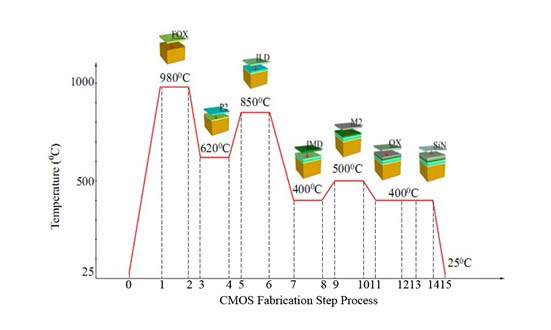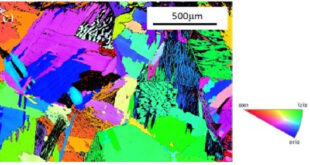Significance statement:
Journal Reference
Journal of Mechanics / Volume 30 / Issue 02 / April 2014, pp 123-128.
C. Chuang1, David T. W. Lina2 c1, Y.-C. Hua3, H.-L. Leea4, C.-H. Chenga5, P.-Z. Changa6 , N. B. Quyena7
a1 Department of Mechanical and Electro-mechanical Engin eering, National Sun Yat-sen University, Kaoshiung, Taiwan 80424, R.O.C.and
a2 Institute of Mechatronic System Engineering, National University of Tainan Tainan, Taiwan 70005, R.O.C.and
a3 Department of Mechanical and Electromechanical Engineering, National ILan University, ILan, Taiwan 26047, R.O.C.and
a4 MicroSystems Technology Center, Industrial Technology Research Institute, Tainan, Taiwan 70955, R.O.C.and
a5 Department of Aeronautics and Astronautics, National Cheng Kung University, Tainan, Taiwan 70101, R.O.C.and
a6 Institute of Applied Mechanics, National Taiwan University, Taipei, Taiwan 10617, R.O.C. and
a7 Institute of Mechatronic System Engineering, National University of Tainan, Tainan, Taiwan 70005, R.O.C.
Abstract
Residual stress in MEMS is of inherent importance in various respects. This study proposes a specific method using ANSYS including the birth and death method and combined with the optimal method (SCGM) to reduce the residual stresses during the CMOS fabrication process. The suitable cooling temperature for decreasing the residual stress is proposed and available. It demonstrates that the suitable parameter on the fabrication can reduce the residual stress in MEMS devices without any extra manufacturing process or external apparatus. The proposed method can expand to simulate the realistic MEMS model effectively.
Copyright © The Society of Theoretical and Applied Mechanics, R.O.C. 2013
 Advances in Engineering Advances in Engineering features breaking research judged by Advances in Engineering advisory team to be of key importance in the Engineering field. Papers are selected from over 10,000 published each week from most peer reviewed journals.
Advances in Engineering Advances in Engineering features breaking research judged by Advances in Engineering advisory team to be of key importance in the Engineering field. Papers are selected from over 10,000 published each week from most peer reviewed journals.


